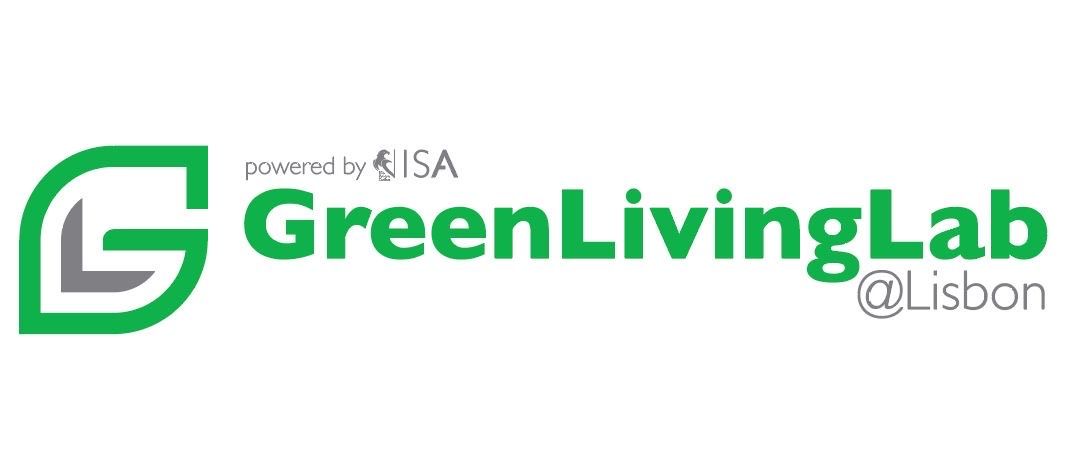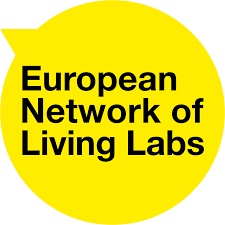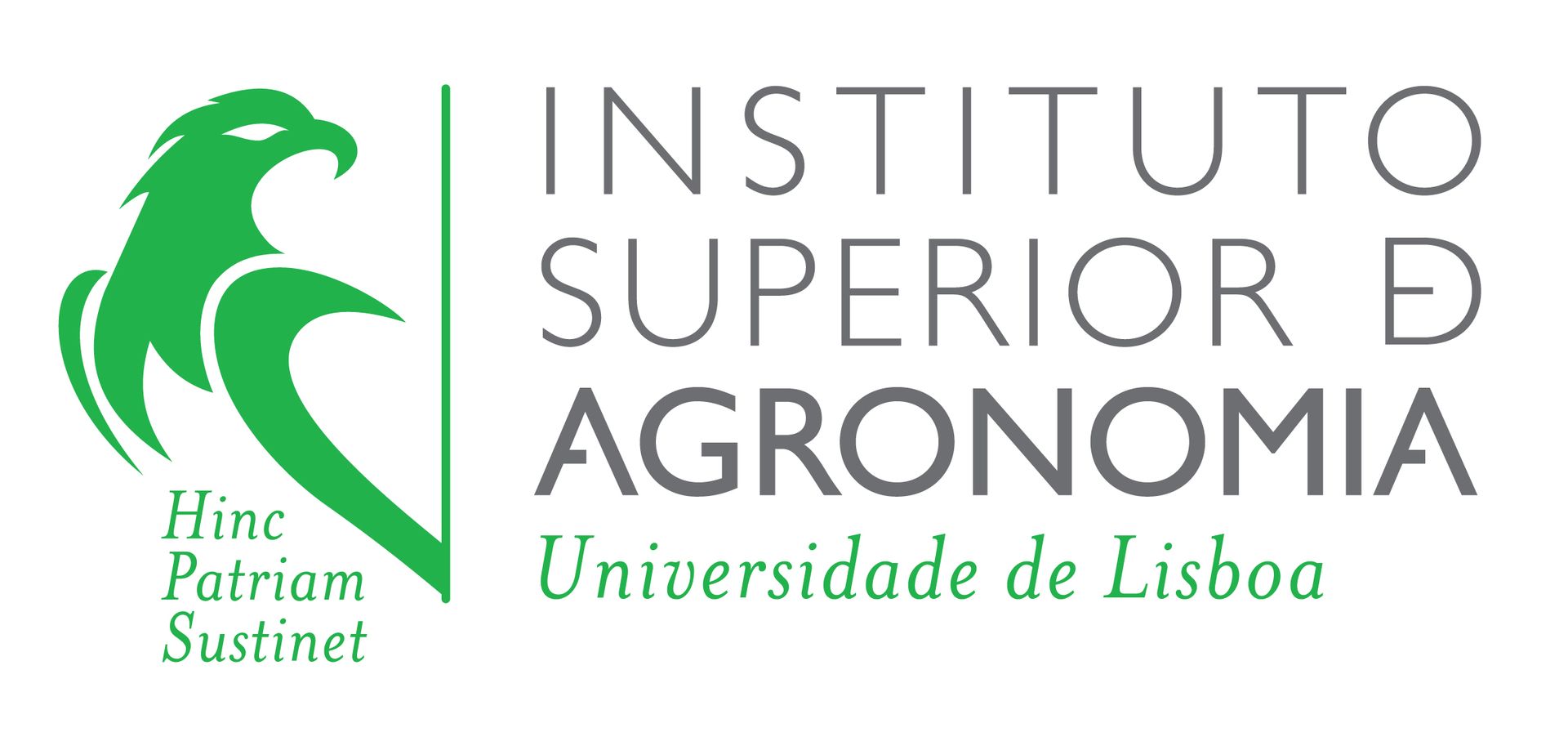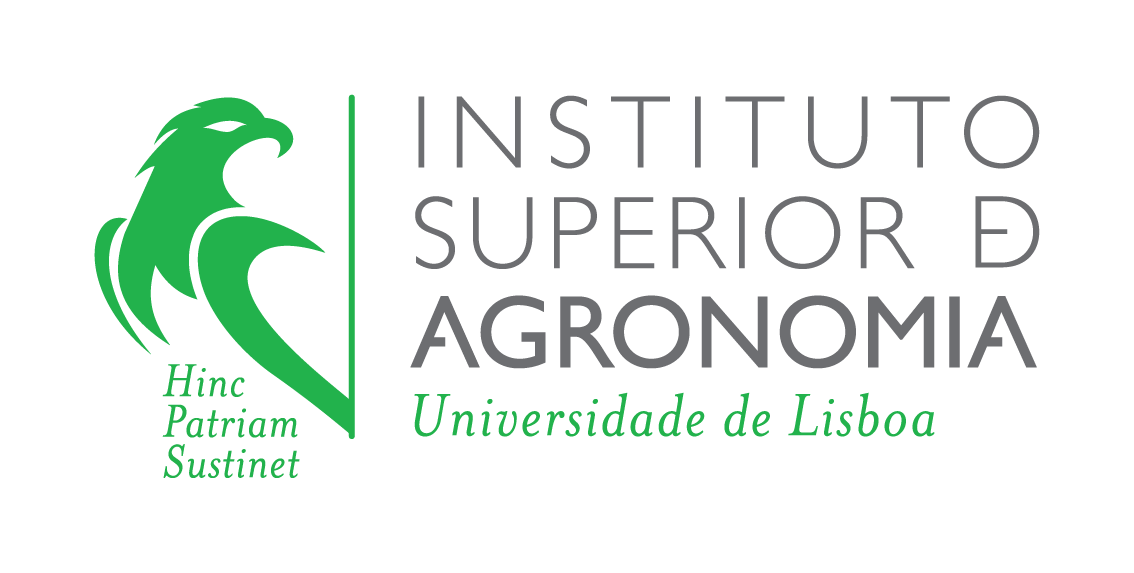Laboratory for Technical Studies (LET)
Contribution for Science
LET has been a partner of Research & Development projects related with oliviculture and extraction and characterization of monovarietal olive oils, involving researchers of ISA and other national or international external institutions. Particular attention is given to the activities developed by LET within the scope of the International Olive Council (IOC), namely interlaboratory collaboration for the development and implementation of methodologies for sensory and physic/chemical analysis of olive oil and olive pomace oil, to be subsequently adopted by the European Union. LET is recognized by the International Olive Council (IOC), concerning the sensory analysis of virgin olive oil and physicochemical analysis. This laboratory is accredited by the Portuguese Accreditation Institute, IPAC, standard NP EN ISO/IEC 17025.
Societal Impact
LET plays an important role in the society, mainly in the following aspects:
- Provision of services: to entities responsible for the certification of protected designations of origin (PDO) of virgin olive oil;
- Provision of services: to the olive oil extraction and oliviculture community (e.g. cooperatives, olive mills, oils and fats extraction plants and processing companies; producers/packing companies, distribution companies and analytical laboratories).
- Training in sensory analysis: Basic-level virgin olive oil tasting courses, open to the community, and advanced tasting courses for professionals in the olive oil sector, and training for assessors of olive oil panels.
- Support for competitions: Participation and collaboration in national and international virgin olive oil tasting competitions.
Application in Education
LET participates in the training of ISA students, through the support for practical lessons at various courses of bachelor's and master's degrees, mainly in Food and Agricultural Engineering, as well as providing laboratory support for master's and doctoral theses. In addition to this collaboration, LET also participates in the training of international undergraduate, master's and doctoral students, and in the summer course Mediterranean diet: from Landscape to Tradition and Health, created at the request of the Luso-American Development Foundation (FLAD), and open to civil society, as well.
Notable Facts / Curiosities
- The sensory quality of a virgin olive oil is evaluated by a panel of trained assessors. The LET is the only public entity in Portugal (excluding inspection bodies) that has a panel of virgin olive oil tasters recognized by the IOC, available to producers/packers of virgin olive oil.
- The commercial classification of edible virgin olive oils (“Extra virgin olive oil” and “Virgin olive oil”) is based on chemical and sensory quality criteria.
- The color of virgin olive oil has no relationship with the quality of the oil. It mainly depends on the degree of ripeness of the olives and the olive cultivars. Therefore, the olive oil is tasted in blue or red glasses to prevent its color from being visible.
Contact: Prof. Suzana Ferreira Dias (suzanafdias@isa.ulisboa.pt)





